About six months ago, I started on a new career path. My focus shifted from selling rural real estate to CREATING rural places. This includes places to live and places to enjoy the outdoors.
Now, here’s where I need your help. What is “rural”? I’ve spent the majority of the last six months trying to answer this question by researching other communities and places.
Large rural recreational properties are fairly easy to identify. Their owners use them for ranching, hunting, fishing, horseback riding… the list is endless. Rural residential properties are, in my opinion, a bit harder to pin down. Some have large lots (5 acres +) and an outdoor theme like organic living, equestrian or hunting. Again, fairly easy to identify. But others have small lots (zero lot lines – half-acre) yet a large percentage of the community (70%) set aside for conservation or farming. Is this rural? Do rural places have size minimums? Are they defined by their distance to a metropolitan area or the activities they foster?
Rural people are even harder to put into a box. My education is in forestry and I grew up working on farms, hunting and fishing. A large part of my childhood and career was spent living and working in small rural communities across the Southeast. I consider myself “rural”. However, now I live in a gated coastal Florida community on 0.3 acres surrounded by hundreds of neighbors. My idea homestead would be hundreds of acres, not hundredths. So, if I live in a suburban subdivision but enjoy an outdoor lifestyle, am I rural?
What does “rural” mean to you?
Written by Jason Shearer, Rural Products Manager at TerraPointe Services
This content may not be used or reproduced in any manner whatsoever, in part or in whole, without written permission of LANDTHINK. Use of this content without permission is a violation of federal copyright law. The articles, posts, comments, opinions and information provided by LANDTHINK are for informational and research purposes only and DOES NOT substitute or coincide with the advice of an attorney, accountant, real estate broker or any other licensed real estate professional. LANDTHINK strongly advises visitors and readers to seek their own professional guidance and advice related to buying, investing in or selling real estate.




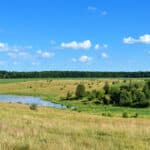

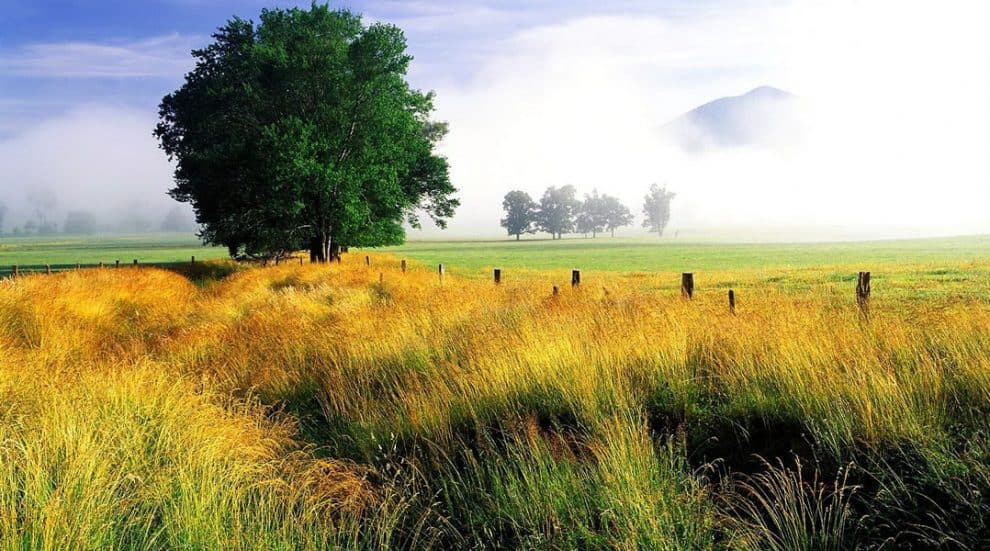
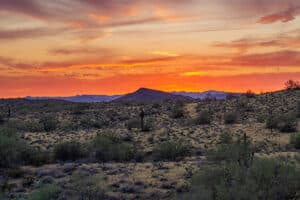
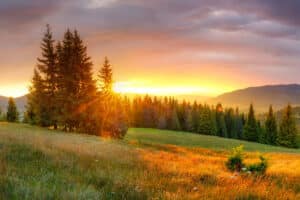
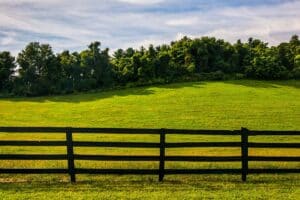
I specialize in a niche that I have defined as the rural area between two metropolitan cities nearby. One drive through the area and it’s pretty easy to see where my territory begins and ends. The urban area has much higher homes density and is over commercialized and you can’t go a block without hitting a stoplight… to answer your question in a thoughtful way though, I would say that I would define rural as an area where people live and have more concern for their natural surroundings and enjoyment of the outdoors than amenities which make their lives easier.
Rural is simply any land that is NOT located within any city limits and has NO restrictions.
If you live in town or what the author calls “suburban” but you enjoy an outdoor or country activities, that does NOT make you rural. Rural is actually living in the country 24 hours a day, 7 days a week, 365 days a year.
However, this brings to mind 2 quotes that I personally love and I agree with both entirely:
“You can take country folk out of the country but you can’t take the country out of country folk.”
“A day in the country is worth a month in the city.”
As a real estate appraiser for 38 years; I live and work in primarily a rural residential area. To some of my clients rural is having less than 10 homes in a quarter mile radius. Also, to some it is the absence of public utilities such as water and sewer. There are small allotments in some of these areas that have a private wells and septics in one location. These serve areas that may be defined as rural residential with rural being on rustic plots with no neighbors. Also, consider the ISO rating for fire protection.
Bob Cerny